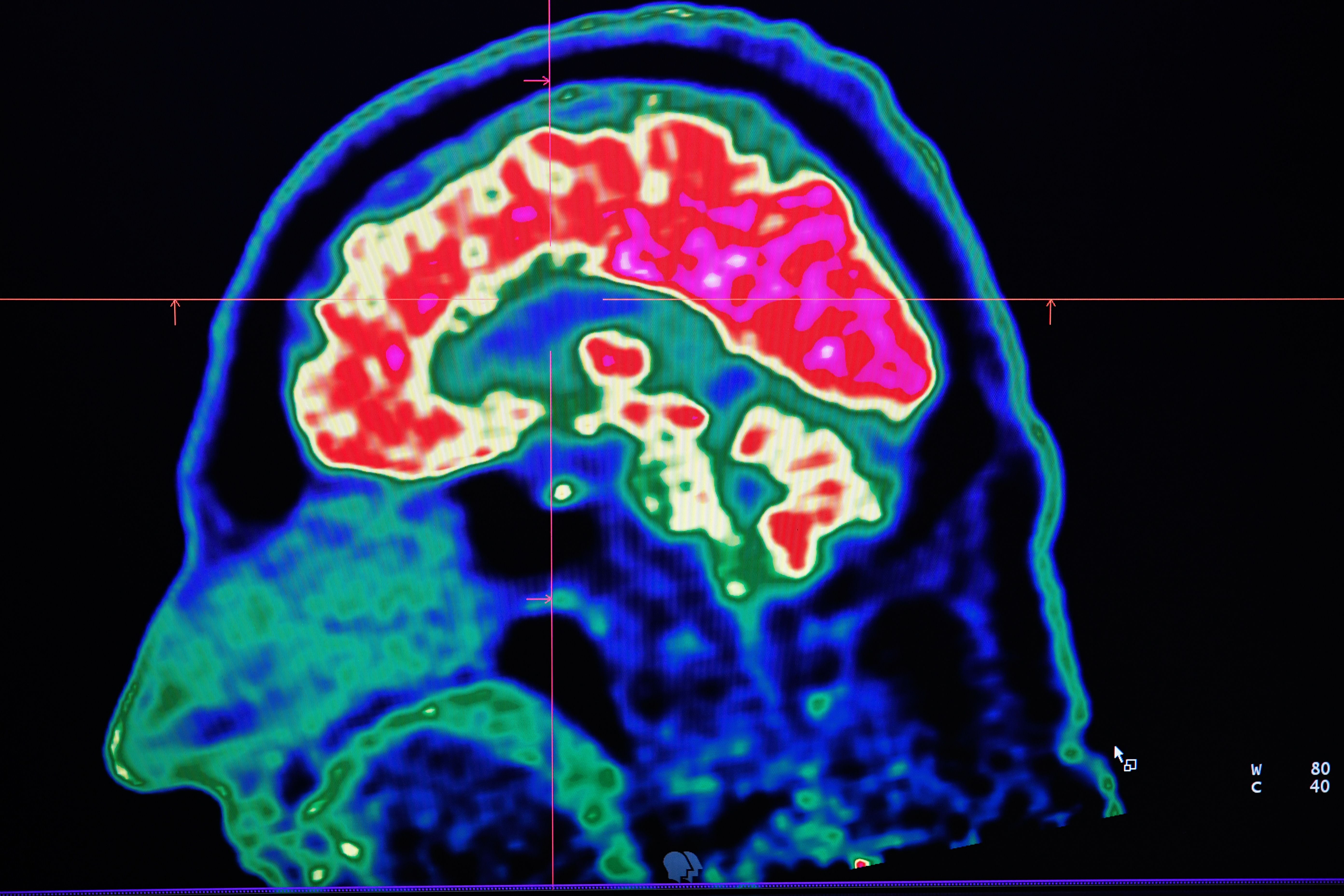Transplanting human tissue into rats ‘could advance brain disorder research’
Research may help improve research into mental disorders

Your support helps us to tell the story
From reproductive rights to climate change to Big Tech, The Independent is on the ground when the story is developing. Whether it's investigating the financials of Elon Musk's pro-Trump PAC or producing our latest documentary, 'The A Word', which shines a light on the American women fighting for reproductive rights, we know how important it is to parse out the facts from the messaging.
At such a critical moment in US history, we need reporters on the ground. Your donation allows us to keep sending journalists to speak to both sides of the story.
The Independent is trusted by Americans across the entire political spectrum. And unlike many other quality news outlets, we choose not to lock Americans out of our reporting and analysis with paywalls. We believe quality journalism should be available to everyone, paid for by those who can afford it.
Your support makes all the difference.Human brain tissue has been successfully transplanted into newborn rats and scientists hope the procedure will advance research into conditions such as schizophrenia and epilepsy.
The brains of rats in the study - containing a combination of human and rat cells - will apparently work as “living laboratories,” said researchers from Stanford University.
The scientists are confident that the team will be able to grow and alter brain tissue from humans, and see how doing this influences the behaviours of the rodents.
The work could apparently help further research into mental disorders, including autism and schizophrenia, doing away with the need for the current, more invasive procedures used which include extracting tissue from the brain.
Senior author on the study, Sergiu Pasca, explained: “We can now study healthy brain development as well as brain disorders understood to take root in development in unprecedented detail, without needing to excise tissue from a human brain.
The professor of psychiatry and behavioural sciences at the Stanford School of Medicine added: “We can also use this new platform to test new drugs and gene therapies for neuropsychiatric disorders.”
Up until now, scientists had been creating miniature brains in the laboratory to study the brain as it developed.
They used stem cells to create the so-called organoids, but these organoids lacked the connectivity that exists within the brains of living people.
In the study, rat pups of around two or three days old were used. Rat brain connections are mostly formed early in their development, making the young rat pups ideal candidates for the research.
Human brain organoids were grown in the lab for two months - until they started to look like the human cerebral cortex - at this point they were transferred into the brains of the rat pups.
Neurons from the organoids apparently “set up shop” in rat brains and made connections with the brain tissue of the rats, creating hybrid working circuits.
Half a year on and individual neurons from human cells made up one full third of the hemisphere of the rodents’ brain, the researchers revealed.
The neurons were also branched in a more complex way and were at least six times as large as organoids that were created in a laboratory.
The scientists then did a number of experiments, one of which involved rodent whiskers which were able to respond to sensory stimulation, even though they were using human neurons.
Researchers then went on to look at a rare genetic disorder associated with severe heart problems, known as Timothy syndrome.
Cells taken from three patients with the syndrome were transplanted from three patients into the rat brains.
Researchers compared the rat brains with normal neuron cells to rodent brains with Timothy syndrome neurons and found that the latter was much smaller and did not seem to have sophisticated branching patterns.
Prof Pasca commented on the findings, saying: “We’ve learned a lot about Timothy syndrome by studying organoids kept in a dish. But only with transplantation were we able to see these neuronal activity-related differences.”
He went on: “This is the most advanced human brain circuitry ever built from human skin cells and a demonstration that implanted human neurons can influence an animal’s behaviour.
“Our platform provides, for the first time, behavioural readouts for human cells and could, we hope, accelerate our understanding of complex psychiatric conditions.”
The scientists underlined that bioethicists were reviewing the ethical aspects of their research.
The work has been published in the scientific journal Nature.
Join our commenting forum
Join thought-provoking conversations, follow other Independent readers and see their replies
Comments